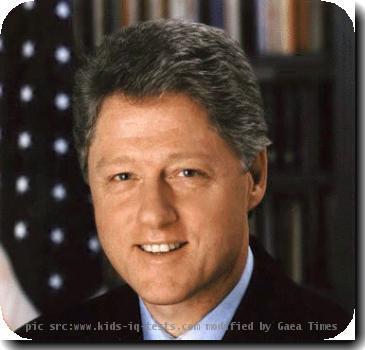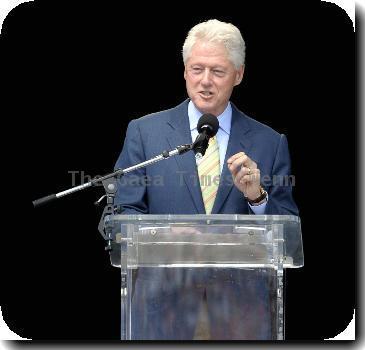Leaders say private investment is the key to Haiti’s reconstruction
By Jonathan M. Katz, APThursday, April 1, 2010
Coke, telecom lead investors to post-quake Haiti
UNITED NATIONS — As governments pledged billions in reconstruction aid for Haiti at a U.N. donor conference, leaders and businessmen said the key to improving lives in the hemisphere’s poorest country was money of another kind: private investment.
On Wednesday, nearly 50 international donors pledged $9.9 billion to help Haiti recover from the Jan. 12 earthquake that destroyed the government and commercial center of Haiti’s capital, Port-au-Prince.
But U.N. humanitarian chief John Holmes said the best sign that recovery was under way in Haiti would be an uptick in private investment.
“There need to be real investments that are really sustainable,” Holmes told The Associated Press. “Given half a chance this country can recover.”
Government-estimated death tolls from the quake — which rose without explanation ahead of the conference — range from 217,000 to 300,000 people. Most of the estimated 1.3 million people left homeless are still sheltering on broken streets, hillsides and riverbeds.
The effort to attract private investment is being led by former U.S. President Bill Clinton, the U.N. special envoy to Haiti, who since before the quake has been encouraging private companies to provide jobs in a country where 80 percent of people live on less than $2 a day.
As co-chair of the commission that will oversee the $5.3 billion in near-term international aid pledged Wednesday, his role in Haiti will only grow.
“We’re going to have to create a financial system,” Clinton told the conference. “Haiti could become the first completely wireless country in the Caribbean. Haiti could become the first completely self-sufficient country in energy.”
Reginald Boulos, a Haitian business magnate and chamber of commerce president, said investment was possible but that improvements in infrastructure are needed with other changes.
“I talk to a lot of foreign investors: hotel chains, energy companies. They want to invest in Haiti,” Boulos said after the speech. “They want to see a climate change in the business environment. They want to see a decrease of corruption … (and) a better functioning government.”
Projects already were being announced during the conference.
The Coca-Cola Company unveiled a $7.5 million, five-year project to foster mango production through a new Odwalla jucie product called Haiti Hope Mango Lime-Aid. Proceeds will be reinvested to help growers.
Trilogy International Partners CEO Brad Horwitz said the Washington state-based telecom could invest millions to expand its Voila cell phone brand, if investment conditions are right. He said the company is considering a bid for the damaged public phone utility Telecommunications d’Haiti, or Teleco, which was under privatization talks before the quake.
Some delegates expressed concerned about the potential growth of industries like Haiti’s garment sector — which pays wages too low for workers to buy food or educate their children.
At the start of the one-day conference, Haitian President Rene Preval asked donors to focus on education and help the country’s 9 million people provide for their own future.
Minutes later, U.S. Secretary of State Hillary Rodham Clinton announced the United States’ pledge of $1.15 billion over the next two years, and Catherine Ashton, the European Union foreign affairs chief, announced the EU’s pledge equivalent to more than $1.6 billion.
____
Associated Press Writers Matthew Lee and Edith M. Lederer contributed to this report from the United Nations.
Tags: Bill Clinton, Caribbean, Haiti, Latin America And Caribbean, North America, Ownership Changes, Personal Finance, Personal Investing, Products And Services, United Nations, United States

